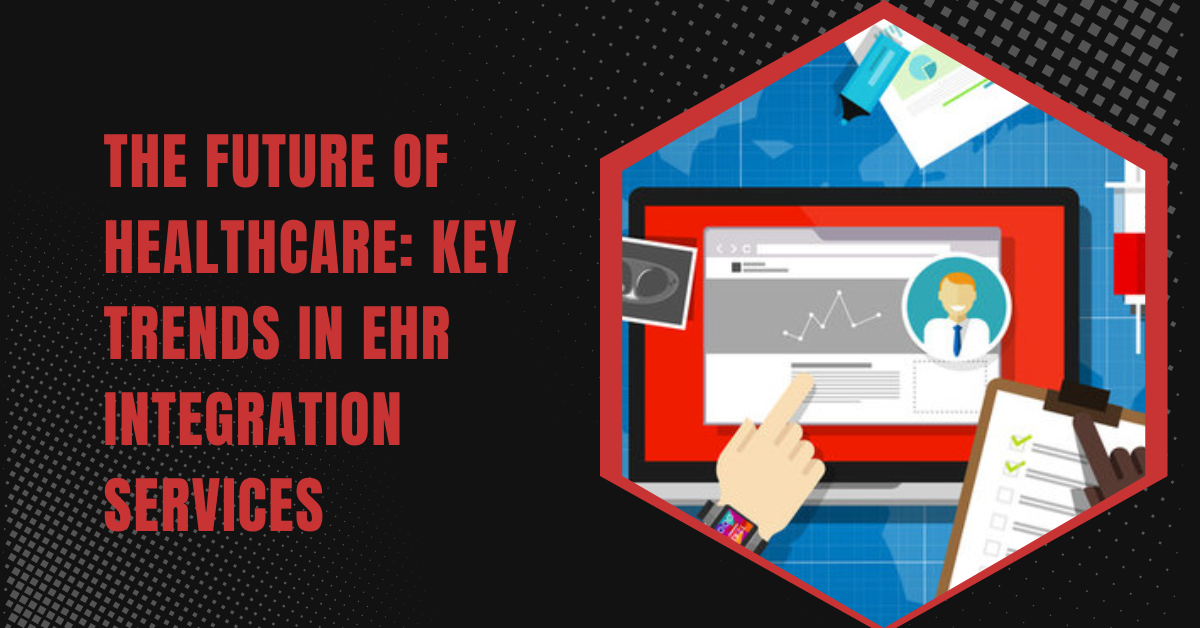The luxury hospitality industry is known for its emphasis on exclusivity, impeccable service, and providing unforgettable guest experiences. However, with the increase in competition in the high-end hotel market, even the most luxurious properties must adopt strategic approaches to maximise revenue. This is where luxury hotel revenue management comes into play. Transforming a hotel from a sanctuary of indulgence into a financial powerhouse requires a blend of dynamic pricing, upselling, compelling brand storytelling, and modern technology.
Critical Takeaways:
- Master Dynamic Pricing: Personalise room rates based on real-time demand to capture maximum value.
- Upsell and Cross-Sell Effectively: Offer upgrades and add-ons like spa treatments and exclusive dining to enhance revenue.
- Craft a Compelling Brand Story: Differentiate your property and attract your target audience.
- Leverage Technology: Use tech tools to streamline operations, personalise experiences, and increase profitability.
- Foster a Culture of Hospitality: Train and empower staff to create remarkable guest experiences.
- Engage in Strategic Partnerships: Collaborate with local businesses to extend your market reach.
- Optimise Social Media for Engagement: Use social platforms to highlight your hotel’s unique offerings and build a loyal online community.
Having over a decade of experience in hospitality, I have witnessed how luxury hotels can unlock significant revenue potential through effective revenue management strategies. This comprehensive guide reveals the secrets of luxury hotel revenue management, equipping you with the tools to boost your hotel’s profitability by up to 37%, supported by industry insights and real-world examples.
Dynamic Pricing: Adapting to Demand in the Luxury Market
Dynamic pricing is essential in today’s market, enabling hotels to adjust room rates in real-time based on demand, seasonality, competitor pricing, and special events. No longer are hotels constrained by static room rates; dynamic pricing helps capitalise on peak demand and manage occupancy during slower periods.
The Benefits of Dynamic Pricing for Luxury Hotels
- Increased Revenue: Capture premium rates during high-demand periods, optimising revenue during special events or tourist seasons.
- Reduced Vacancy: Dynamic pricing allows competitive rates during off-peak periods, minimising empty rooms and ensuring steady revenue flow.
- Enhanced Profitability: By optimising room rates, hotels can significantly increase overall profitability.
Implementing Dynamic Pricing: Key Steps
- Invest in a Revenue Management System (RMS): A RMS gathers data on demand and helps set optimal rates. Luxury-focused systems consider unique factors like personalised pricing for exclusive clientele.
- Analyse Market Trends: Keep track of local events, competitor pricing, and seasonal demand. Leverage industry reports and competitor analysis for insights.
- Monitor Occupancy: Track occupancy closely and use historical data to anticipate demand and adjust pricing.
- Set Pricing Rules: Define rules for rates in different scenarios, including maximum and minimum rates, weekend adjustments, and early booking discounts.
Example: A high-end beachfront resort uses dynamic pricing to capture additional revenue during a nearby art festival, charging premium rates and enjoying high occupancy during peak demand.
The Psychology of Upselling and Cross-Selling: Adding Value for Guests
Upselling and cross-selling are essential components of luxury hotel revenue management. Effective upselling personalises the guest experience by offering services that add value and align with guest preferences. Rather than bombarding guests with choices, understand their needs and offer relevant upgrades, spa treatments, or dining experiences.
Crafting Successful Upsell Opportunities
- Collect Guest Preferences: During booking, gather information about special occasions or preferences, tailoring upsell options accordingly.
- Highlight Benefits: Emphasise the value of upgrades, such as a suite with an ocean view or access to exclusive club lounges.
- Offer Limited-Time Promotions: Create urgency by offering special upgrades at check-in, such as room upgrades with complimentary amenities for special occasions.
- Leverage Technology: Use guest messaging platforms to send targeted promotions, ensuring the offers align with guest interests.
Example: A luxury hotel recognises a guest’s birthday during check-in and suggests an upgrade to a suite with panoramic city views, enhancing their experience with a couples massage package for a memorable celebration.
Crafting a Compelling Brand Story: The Soul of Your Hotel
In an increasingly competitive market, a unique brand story is crucial. Your story differentiates your property and establishes an emotional connection with guests. It can evoke the charm of a historic building, the serenity of a beachfront escape, or the sophistication of a modern city retreat.
Developing Your Brand Story
- Define Your Unique Selling Proposition (USP): Identify what makes your luxury hotel distinct—whether it’s historic architecture, bespoke service, or an unbeatable location.
- Highlight Local Ties: Emphasise connections to local culture, such as partnerships with nearby galleries or exclusive access to landmarks.
- Create a Narrative: Craft a story that evokes emotion, whether it’s preserving heritage or creating a sanctuary of relaxation.
Example: A luxury hotel in a restored historic building uses its brand story to highlight its heritage, with dedicated web pages, captivating images, and staff trained to share details of the building’s past.
Embracing Technology to Streamline Operations and Enhance Guest Experience
Technology is essential in modern luxury hotel revenue management, improving operational efficiency and enabling personalised experiences. Mobile check-in, guest messaging platforms, and revenue management systems (RMS) streamline operations while ensuring guests receive prompt and tailored service.
Read Also: Maximizing Revenue with Effective Hotel Security Risk Assessments: 5 Essential Steps
Tech Tools for Luxury Hotels
- Mobile Check-In/Checkout: Let guests skip the front desk for a seamless arrival experience.
- Guest Messaging Platforms: Facilitate real-time communication to swiftly handle guest requests.
- Self-Service Kiosks: Provide guests autonomy in managing their stay, freeing staff to focus on other services.
- Digital Signage: Highlight promotions or local recommendations in an engaging way.
Example: A modern luxury hotel allows guests to adjust room settings via in-room tablets, order room service, and receive customised local recommendations, all through a sophisticated digital platform.
Strategic Partnerships: Broadening Your Reach
Partnering with local businesses can enrich guest experiences and increase revenue. Luxury hotels can collaborate with upscale restaurants, art galleries, and cultural institutions to create exclusive packages and attract new audiences.
Effective Partnerships
- Package Deals: Offer packages that include accommodation, gourmet dining, or access to cultural events.
- Cross-Promotion: Promote local businesses on your website and social media to reach a broader audience.
- Exclusive Events: Host events like wine tastings, art exhibits, or chef demonstrations in collaboration with local experts.
Example: A luxury hotel partners with a renowned vineyard, offering guests an exclusive wine-tasting package, enhancing their stay while promoting the local area.
Leveraging Social Media to Engage Luxury Travellers
Social media is a powerful platform for attracting and engaging luxury travellers. By showcasing your hotel’s offerings, you can foster brand loyalty and appeal to discerning clientele.
Social Media Strategies
- Curated Content: Share high-quality visuals and stories that reflect the luxurious essence of your property.
- Targeted Ads: Reach specific demographics of luxury travellers based on their interests.
- Contests and Giveaways: Encourage engagement with luxurious prizes like complimentary stays or spa treatments.
Building an Online Reputation: Creating Trust and Attracting Guests
A strong online reputation is essential for attracting luxury travellers. Engage with online reviews, showcase testimonials, and build a reliable image that reflects the exclusivity of your brand.
Reputation Management Tips
- Proactive Review Management: Address reviews promptly and professionally to demonstrate your commitment to guest satisfaction.
- Showcase Testimonials: Feature positive reviews and guest experiences on your website.
- Collaborate with Influencers: Partner with influencers who cater to a luxury audience, reaching a wider market segment.
Conclusion: Unlocking Potential with Luxury Hotel Revenue Management
Luxury hotel revenue management is a multi-faceted approach that balances exclusivity, personalised service, and revenue optimisation. By implementing dynamic pricing, upselling, compelling brand narratives, and advanced technology, luxury hotels can increase profits while enhancing the guest experience.
Whether it’s capitalising on high-demand periods with dynamic pricing, creating a memorable brand story, or investing in technology to streamline operations, each strategy contributes to a prosperous and competitive luxury hotel. By elevating guest experiences and exceeding expectations, luxury hotels can cultivate a loyal clientele and maintain their standing in the market.




